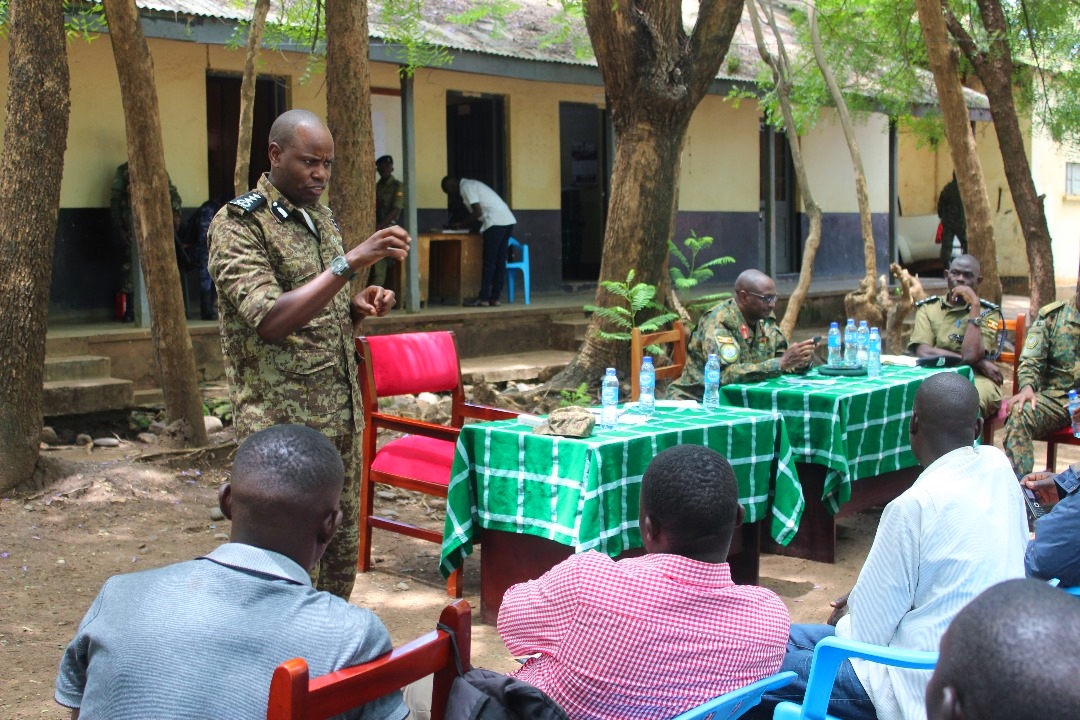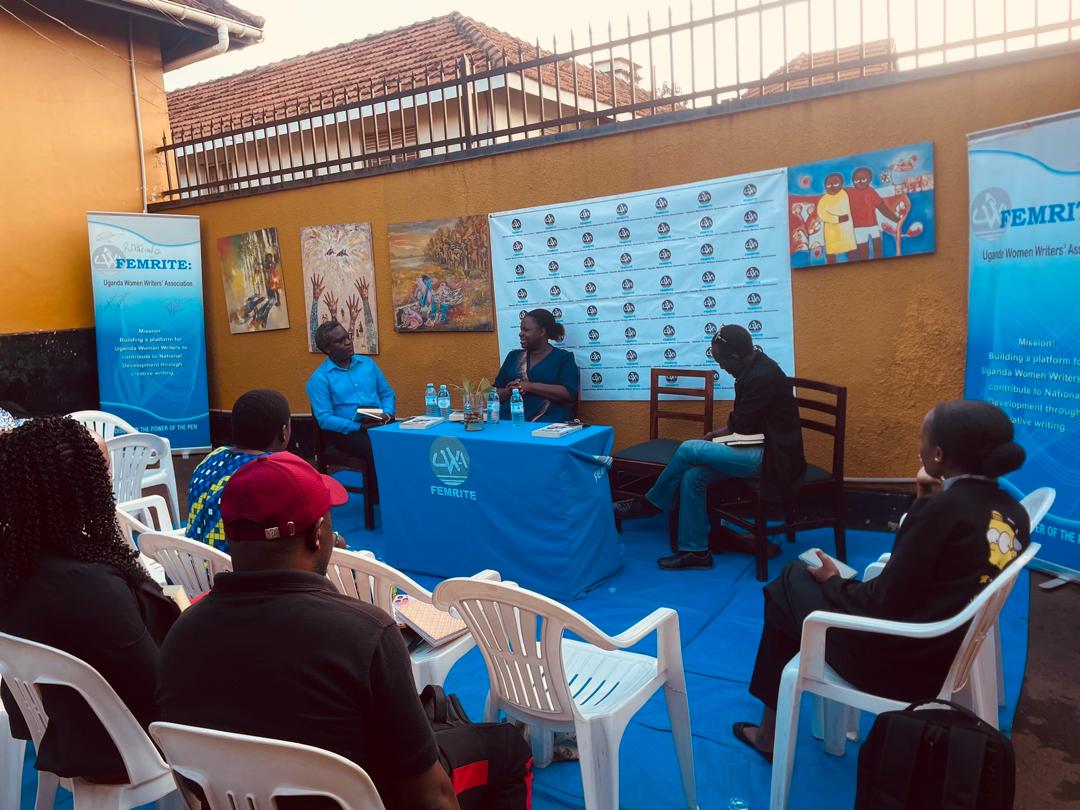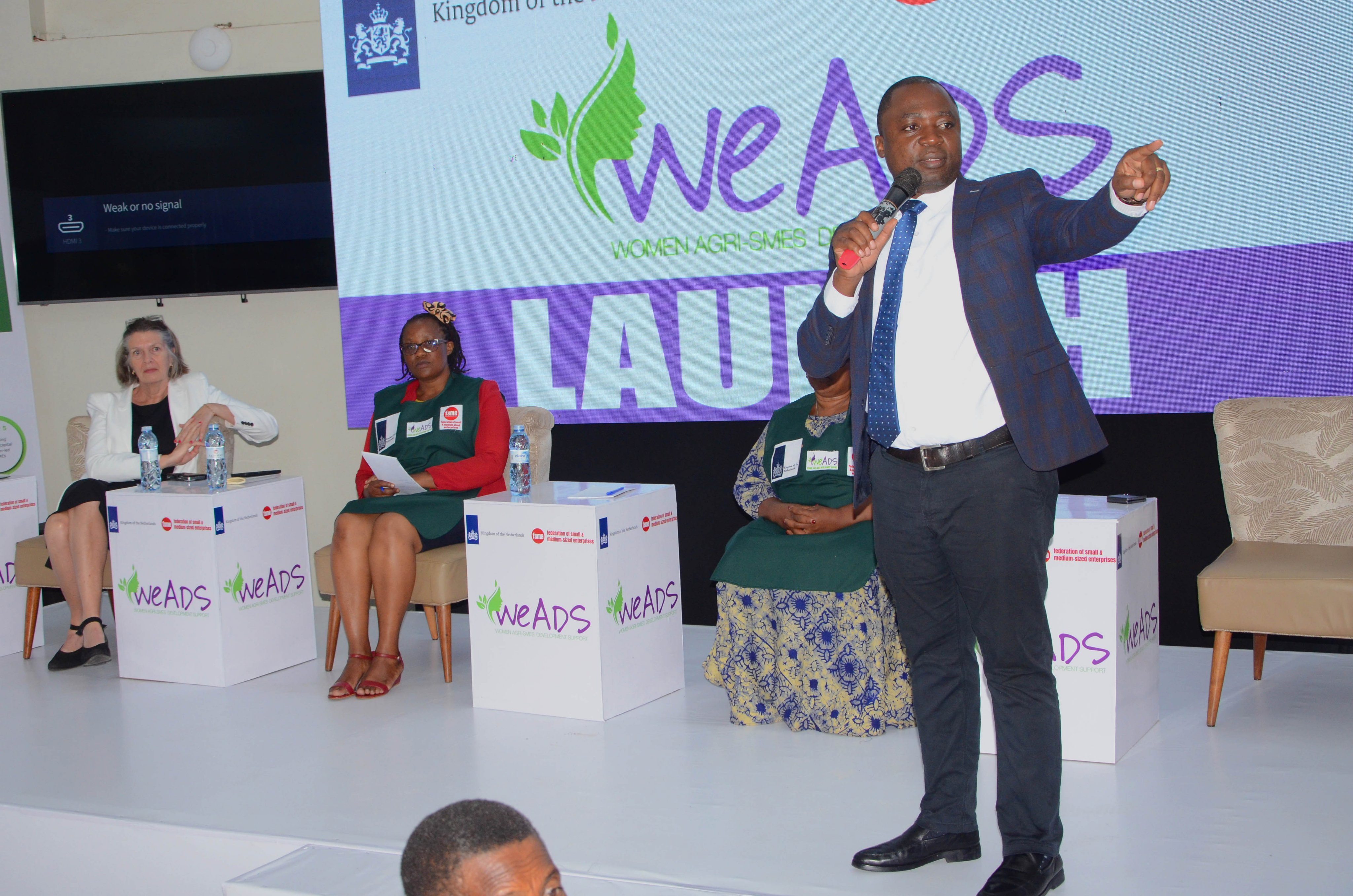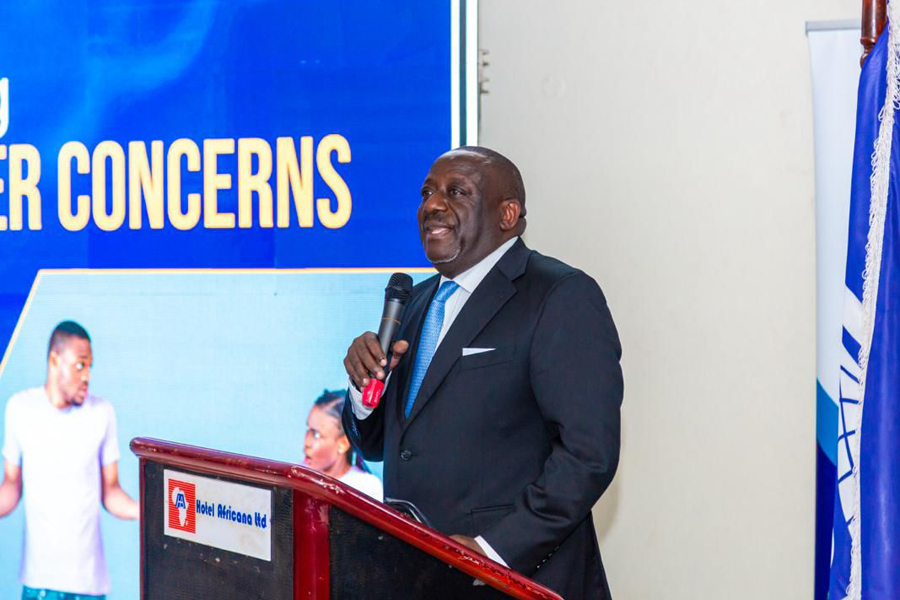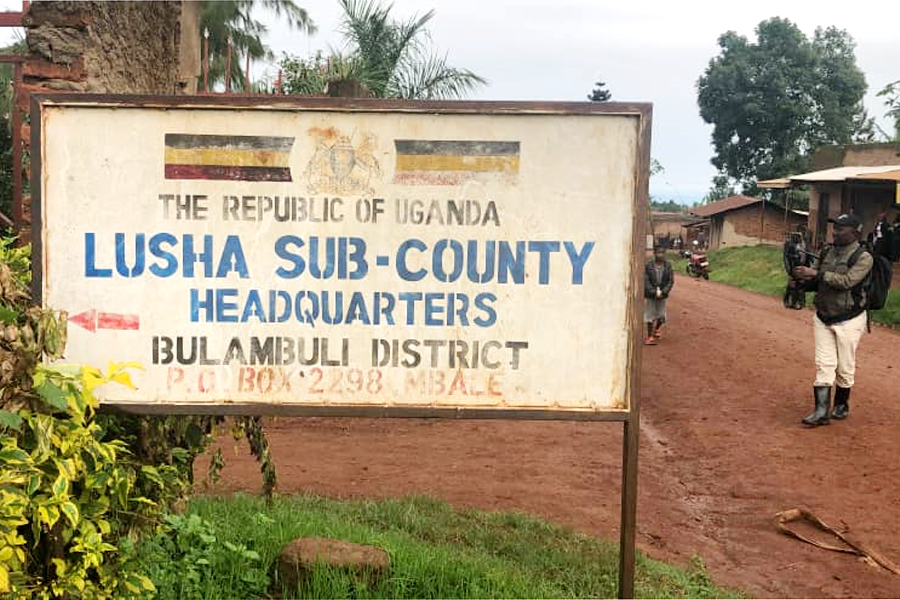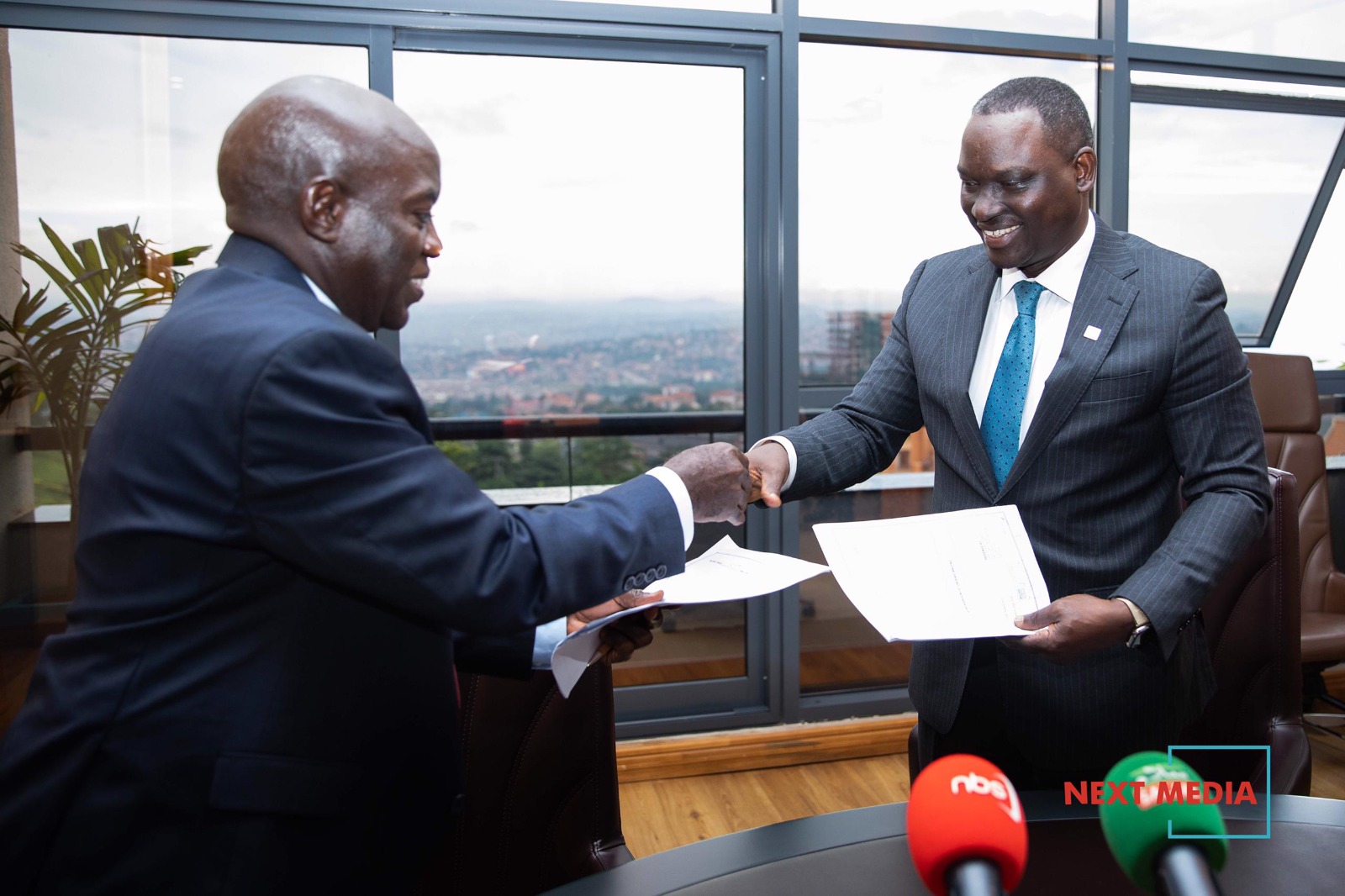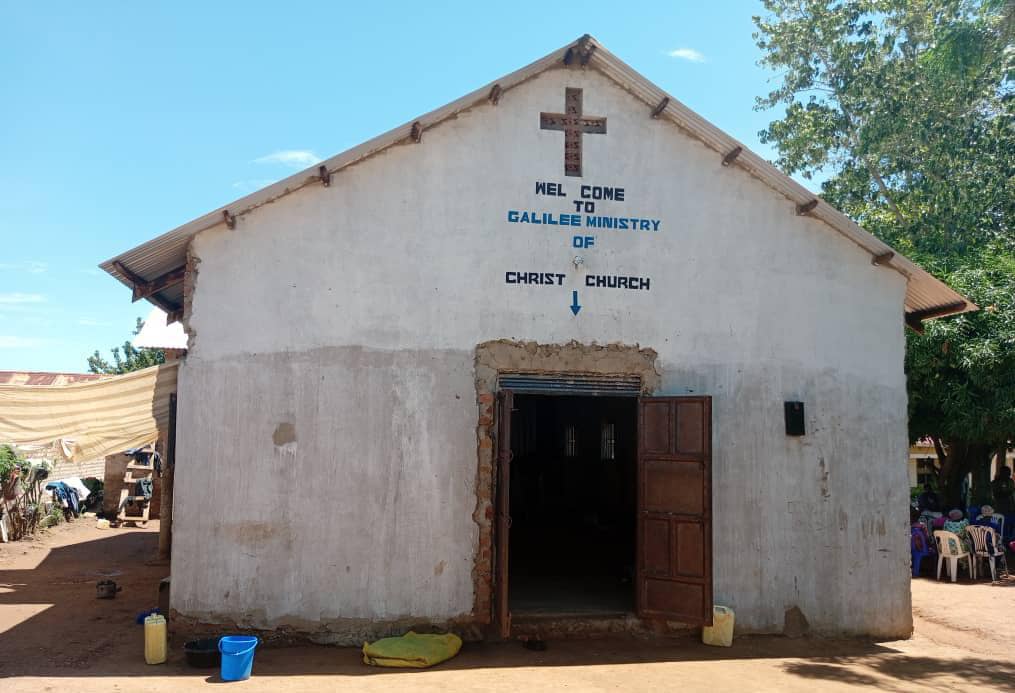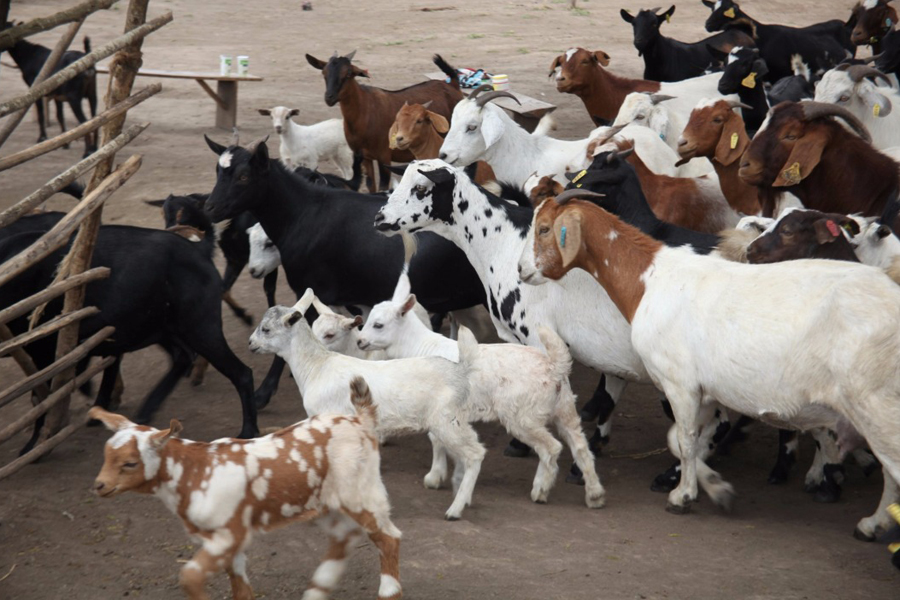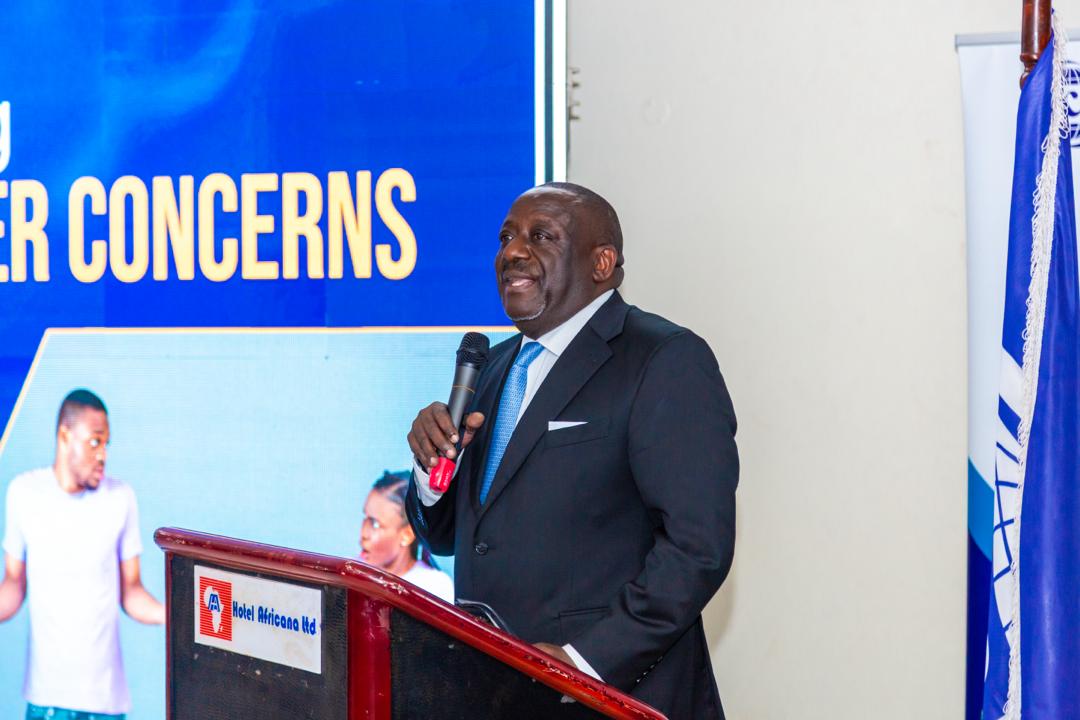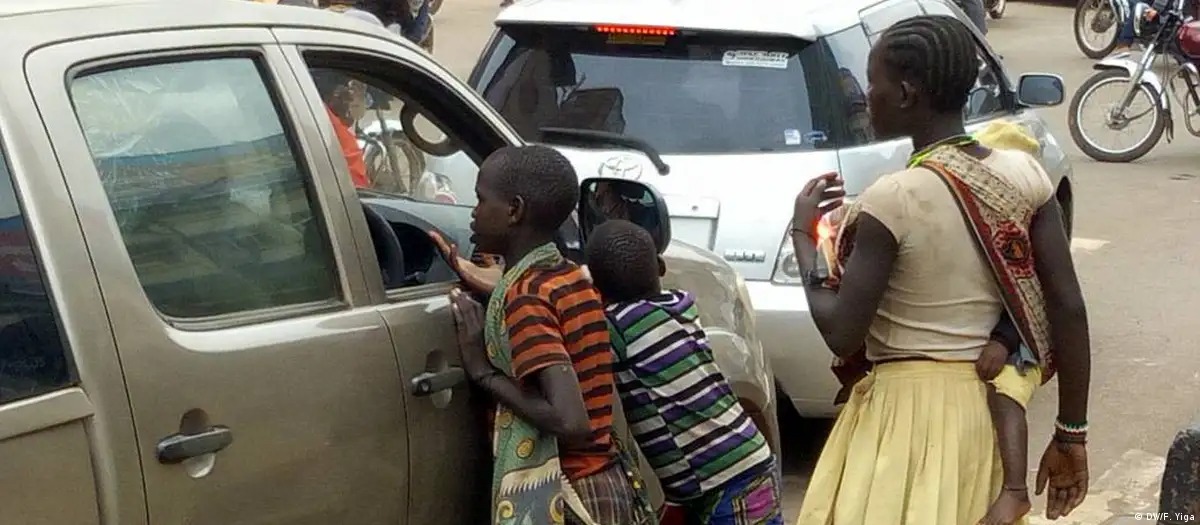Banyarwanda community petitions Parliament over unequal treatment
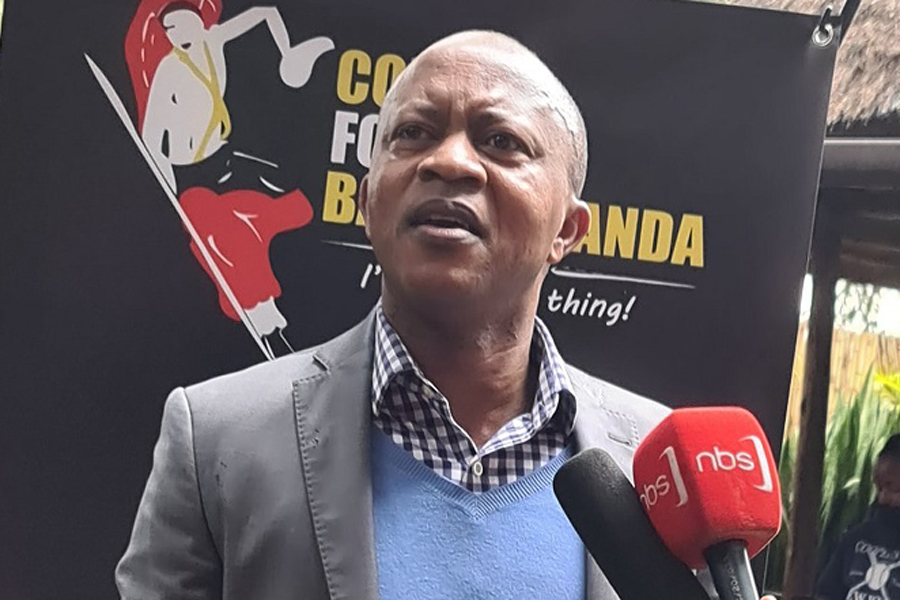
The Ugandan Banyarwanda Community has taken a stand against what they perceive as unequal treatment in accessing government services within Uganda.
The Member of Parliament for Kalungu West, Joseph Ssewungu, brought their grievances to the floor of Parliament.
Speaking during the parliamentary session, MP Ssewungu outlined the challenges confronting the Banyarwanda community, including the denial of employment opportunities, difficulties in obtaining passports and National Identity Cards, as well as instances of card confiscation.
Moreover, members of the community have reported being excluded from participating in land transactions, exacerbating their sense of marginalization.
"The Banyarwanda Community's plight cannot be ignored any longer, these systemic injustices undermine their rights as Ugandan citizens and perpetuate a cycle of inequality that must be addressed," Ssewungu said.
Responding to the petition, the Speaker of Parliament has taken decisive action by referring the matter to the Committee of Defense and Internal Affairs.
The committee has been tasked with investigating the issues raised by the Banyarwanda Community and proposing necessary measures for redress within a 45-day timeframe.
In September 2021, ICT and National Guidance minister, Dr Chris Baryomunsi, said said there was no discrimination against the Banyarwanda people in Uganda.
"If there’s any problem against anybody, that problem is with individuals not the government because this government treats all Ugandans equally," said the minister, who was responding to a question from a journalist at Uganda Media Centre about complaints from the community that they are treated differently because of their ethnicity.
At the time, Victoria University vice chancellor, Dr Lawrence Muganga, who openly identifies as being a member of the Banyarwanda community, was arrested.
Muganga has also been part of the group spearheading efforts to rename the community, “Abavandimwe” on grounds that they are being segregated in the name of calling them ‘Abanyarwanda’.
A population census conducted in the British protectorate of Uganda in 1959 listed the Banyarwanda as the sixth largest ethnic group, according to a paper by Edgar Mwine that was published by Konrad Adenauer Stiftung Uganda, the African Report said in 2023.
The Banyarwanda are listed among the 65 indigenous groups by the 1995 Constitution.
The constitution further states that parents or grandparents of citizens by birth must have been resident within the state of Uganda as of February 1, 1926, when the country’s borders were finalised.
The constitution now limits citizenship by birthright only to persons whose parents or grandparents belong to one of the indigenous groups of Uganda.


